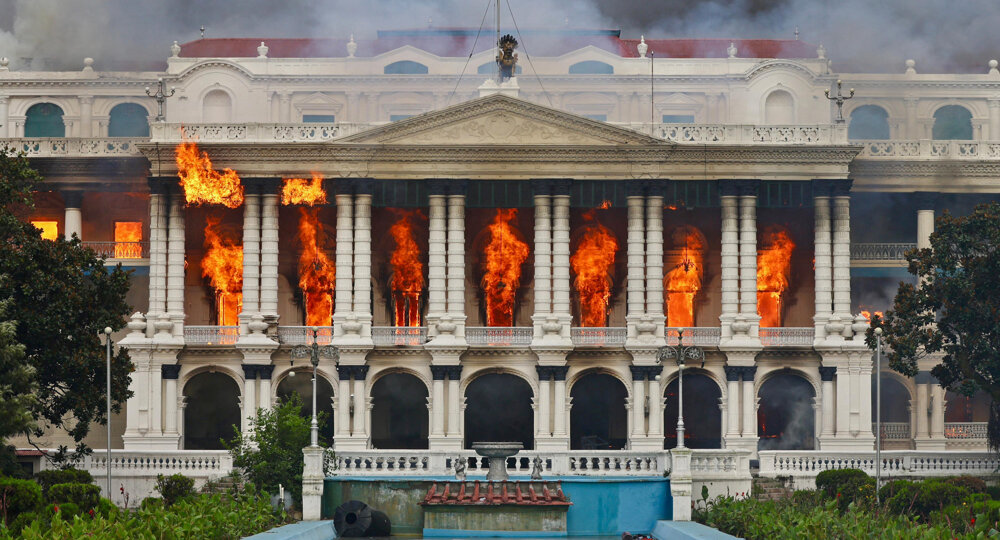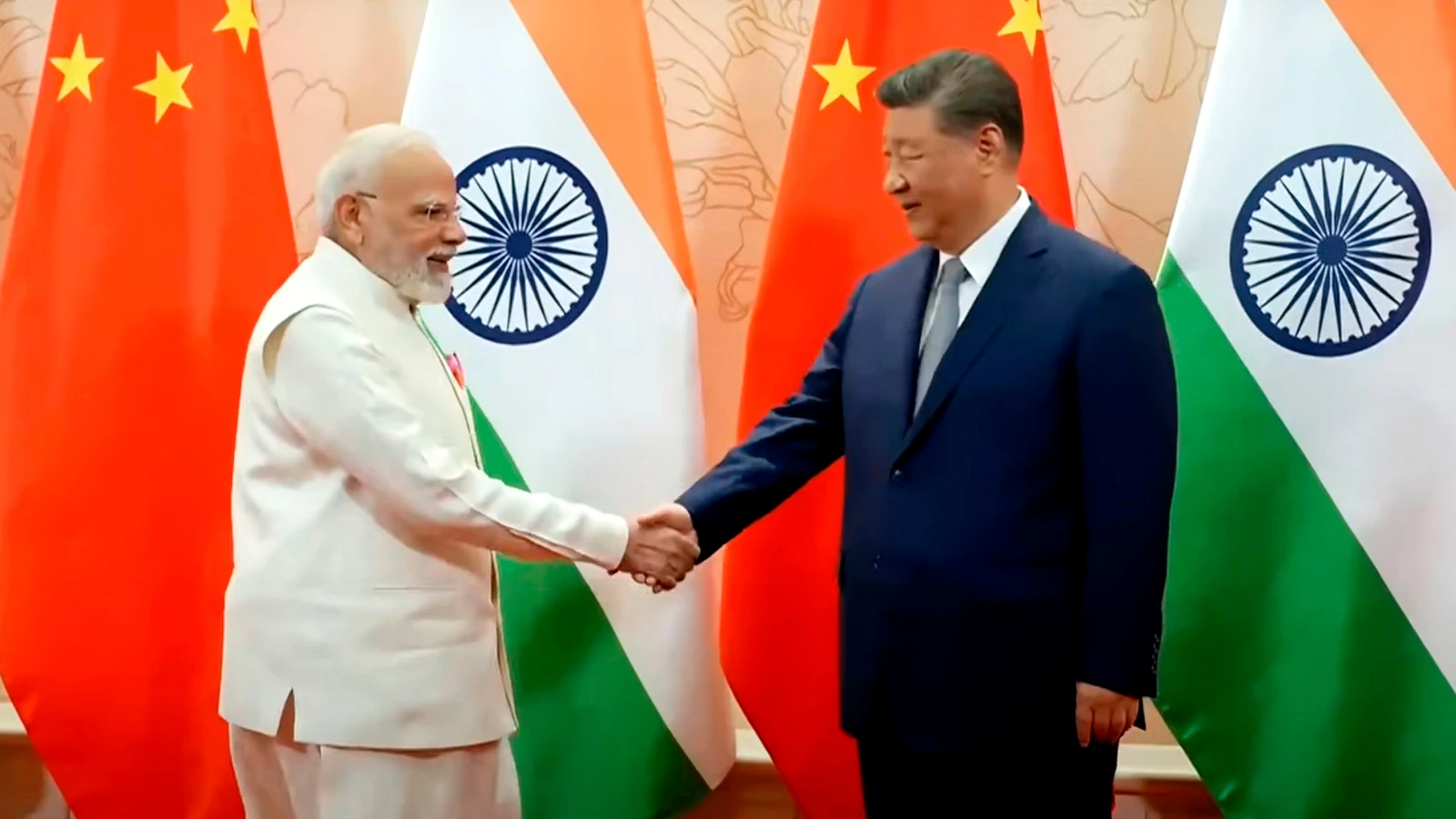
The embassy issued a travel advisory, saying, “Given the current situation and the outbreak of instability in Nepal, all Iranian citizens are strongly advised against any travel to the country.”
It said that Iranian nationals currently in Nepal should maintain close contact with the consular section in New Delhi and the Iranian consular representative in Kathmandu for assistance.
Nepal’s Prime Minister K.P. Sharma Oli and several other ministers and lawmakers resigned on Tuesday as anti-government protests grew increasingly violent, with police opening fire on protesters and killing at least 20 people, Press TV reported.
Oil said he “resigned from the post of prime minister with effect from today… in order to take further steps towards a political solution and resolution of the problems.”
President Ramchandra Paudel accepted the resignation and appointed Oli to lead a caretaker government until a new one is in place, though Oli’s whereabouts remain unknown.
The prime minister’s resignation followed that of three other ministers.
Despite the resignations, the protests continued and fueled by anger over the deaths. Demonstrators defied a curfew on Tuesday and remained on the streets, blocking roads, storming government buildings and setting them on fire.
Hundreds have breached the parliament and set the main building on fire, according to Ekram Giri, spokesman for the Parliament Secretariat.
In the meantime, army helicopters ferried some ministers to safe places, as in some cases, protesters attacked political leaders.
In a statement, President Paudel called for national unity, urging “everyone, including the protesting citizens, to cooperate for a peaceful resolution of the country’s difficult situation.”
“I appeal to all parties to exercise restraint, to not allow further damage to the country, and to come to talks,” he said.
The army also issued a statement calling for calm and urging political dialogue.
Despite the unrest, Kathmandu’s airport remains open, but some flights were cancelled after smoke from fires affected visibility, according to airport spokesman Rinji Sherpa.
The demonstrations — called the protest of Gen Z — broke out after the government blocked popular platforms, including X, Facebook, and YouTube, saying the companies had failed to register and submit to government oversight.
The Kathmandu Post newspaper, however, said this isn’t just about social media. “It’s about trust, corruption, and a generation that refuses to stay silent.”
It said, “Gen Z” grew up with smartphones, global trends, and promises of a federal, prosperous Nepal.”



